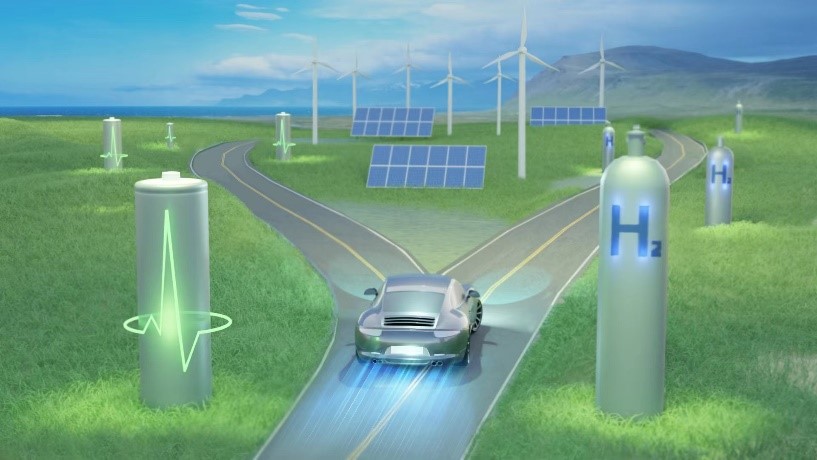Responding to global climate change issues, Professor Jiang Benben collaborated with researchers from @Peking University and @MIT on a groundbreaking study to help reduce carbon emissions.
By considering battery aging and associated costs, they quantified the impact of flexible charging for electric vehicles and the addition of hydrogen for fuel cell vehicles to reduce energy system costs.
For more: go.nature.com/3ubFogx
A cross-scale framework for evaluating flexibility values of battery and fuel cell electric vehicles
Abstract:Flexibility has become increasingly important considering the intermittency of variable renewable energy in low-carbon energy systems. Electrified transportation exhibits great potential to provide flexibility. This article analyzed and compared the flexibility values of battery electric vehicles and fuel cell electric vehicles for planning and operating interdependent electricity and hydrogen supply chains while considering battery degradation costs. A cross-scale framework involving both macro-level and micro-level models was proposed to compute the profits of flexible EV refueling/charging with battery degradation considered. Here we show that the flexibility reduction after considering battery degradation is quantified by at least 4.7% of the minimum system cost and enlarged under fast charging and low-temperature scenarios. Our findings imply that energy policies and relevant management technologies are crucial to shaping the comparative flexibility advantage of the two transportation electrification pathways. The proposed cross-scale methodology has broad implications for the assessment of emerging energy technologies with complex dynamics.


